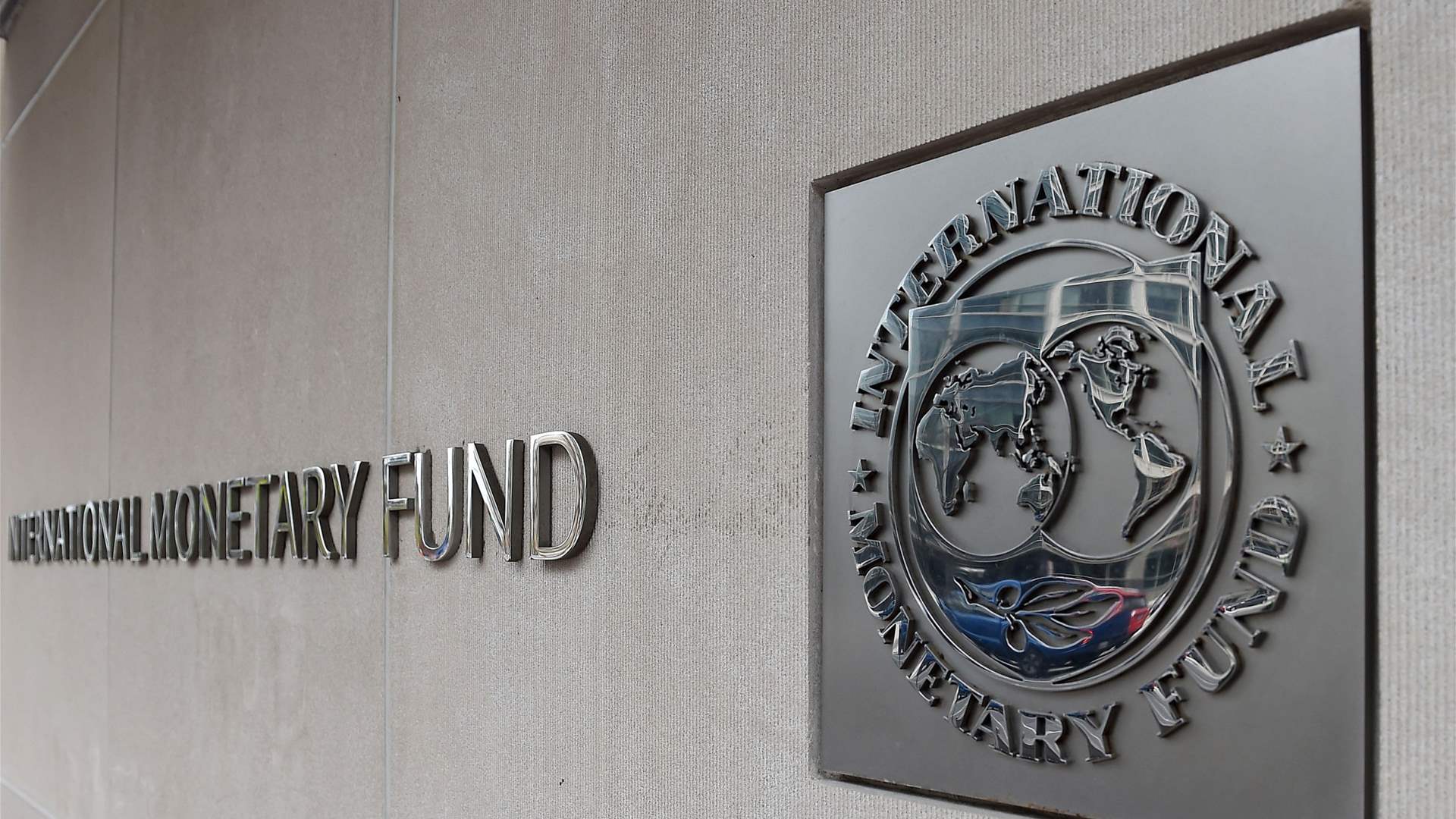On Wednesday 13 September, Lebanese Members of Parliament Ibrahim Kanaan and George Adwan met with a delegation from the International Monetary Fund headed by Ernesto Ramirez Rigo, the organization’s head of mission in Lebanon and announced that they disagreed with the Fund’s approach.
The meeting, which was held in the Finance and Budget Committee in Parliament, signals the impediment (and potential end) to any chance of Lebanon settling a deal with the organization and to accompanying funding and reforms.
“In Defense of Banks”
Kanaan and Adwan have both been at the forefront of the banking sector’s advocacy efforts, with Kanaan heading the Finance and Budget Committee for many years. Many of the country’s ruling class actors are attempting to shift responsibilities and the burden of financial sector losses onto state institutions instead of banks.
Notably, the IMF’s conditions included several key pillars that directly address accountability and transparency gaps in the Lebanese monetary and financial systems overall and in the banking sector in specific.
These conditions included a bank restructuring strategy that recognizes and addresses losses in the sector, an externally assisted bank-by-bank evaluation, the reform of the country’s bank secrecy law, the completion of an audit of the Central Bank’s foreign asset position for transparency purposes, and the implementation of a medium-term fiscal and debt restructuring strategy.
Accordingly, these pillars directly impact the rooms of maneuver for bank shareholders and decision-makers in the banking sector and their avoidance of taking responsibility for the decisions taken by them in the last few years.
Economist Ali Noureddine describes Kanaan and Adwan as leaders of “the coup” against the IMF deal. According to the economist, they used the same “populist, trivial, false and opportunistic slogans” previously employed in 2020 in IMF negotiations.
On his part, Adwan claimed that the IMF’s approach sought to “draw a line between the past and the present” in what he considered unacceptable. Instead, he emphasized that their approach is centered on determining responsibilities, returning debts and bearing losses.
Adwan explained that looking into the future should be first preceded by holding those who made mistakes in the past accountable.
Kanaan on his part asserted that “selling positions” to please the international community is not their job as representatives of the Lebanese people. In a similar vein, he reiterated his longstanding position that the state is equally as “responsible” as banks, which suggests that he’d rather allow state institutions to carry the burden of the losses in the financial sector as opposed to allowing banks to carry it.
What does this mean?
Adwan and Kanaan’s announcement signals the immobilization of yet another politico-economic file in Lebanon, and the addition of another impasse to the country’s long list.
As of today, the presidential seat remains empty and far from agreed upon, while plans to move forward in terms of social services and economic improvement remain missing.
Indeed, Adwan is right in that holding those responsible for the crisis accountable is a central prerequisite to reconstruction, but this forgets that the path that the Finance and Budget Committee has taken throughout the last several years goes in direct opposition to this prerequisite.
This path included giving the banking sector’s main stakeholders a pass, facilitating continued financial inequity in the country, and more recently, obstructing the reach of a deal with the International Monetary Fund.


